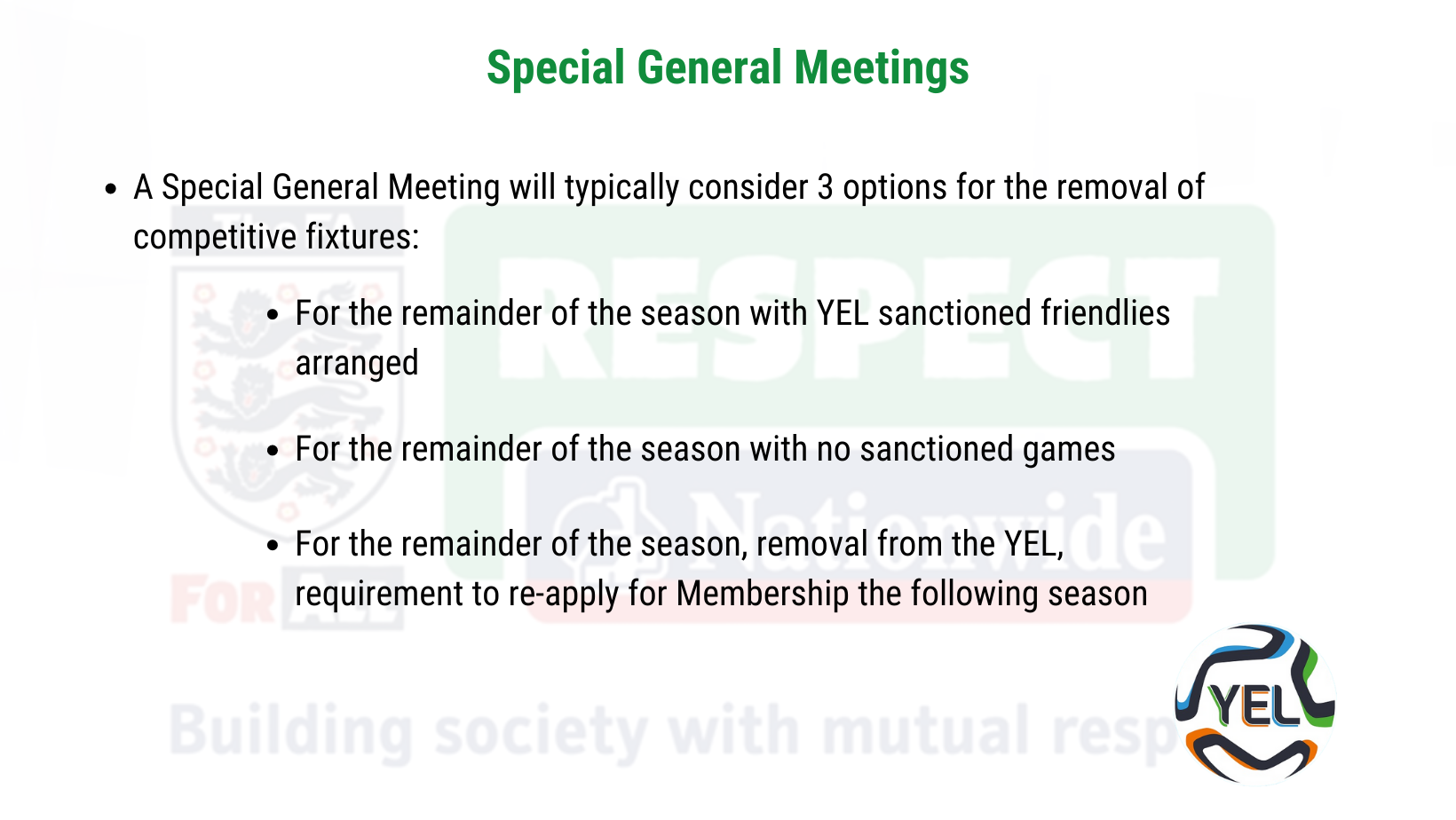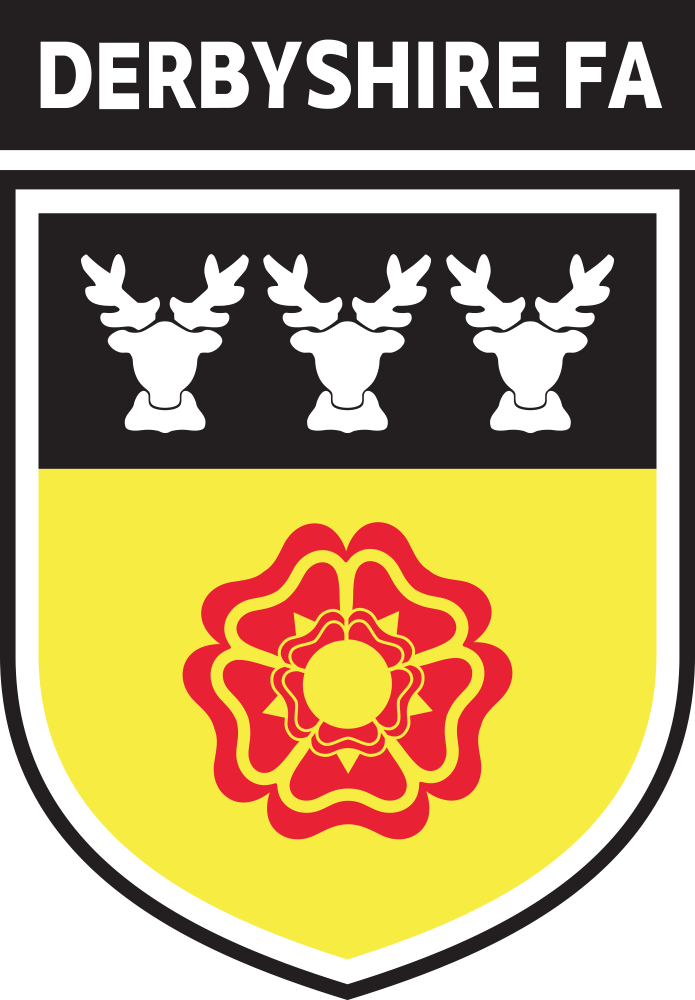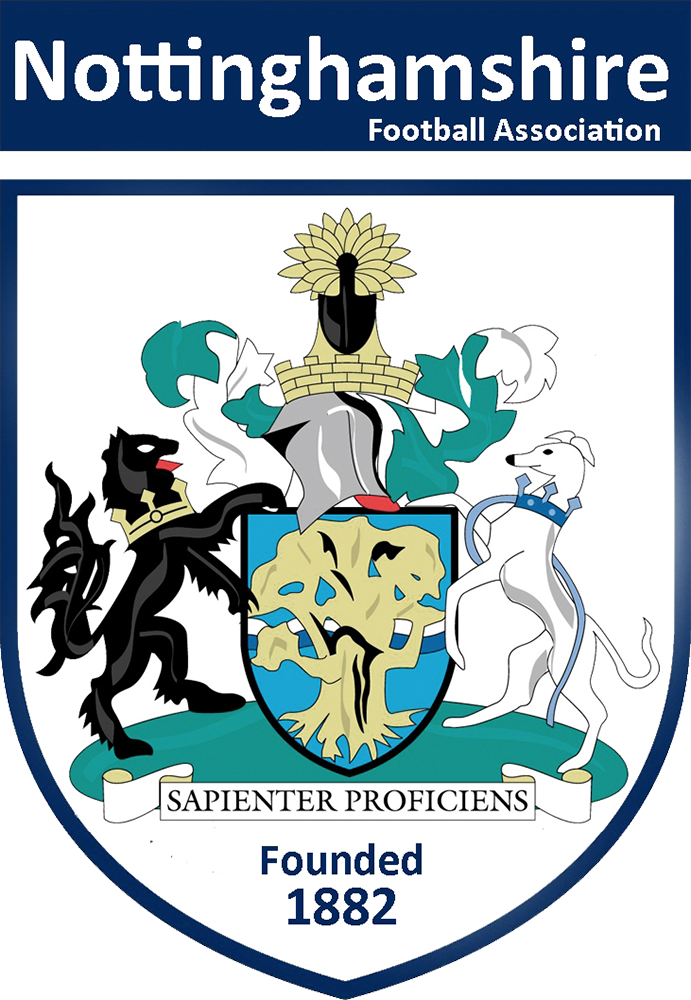
SAFEGUARDING & RESPECT

The YEL Traffic Light system explained










IT’S CHILDRENS FOOTBALL!
The vast majority of youngsters simply want to play football and enjoy themselves.
They don’t want to hear adults telling them what to do; They don’t want to feel the adults are playing the game for them; They don’t want to hear parents moaning when they or the referee make mistakes; They don’t want to see or hear adults shouting abuse at them, the other players or the referee; They don’t want to see adults being confrontational or displaying undesirable behaviour.
Let them play; Let them make mistakes; Let them learn; Let them have fun; Let their lifelong memories be created for all the right reasons;
It’s their childhood; Their game; Their enjoyment – Simple!
IMPORTANT SAFEGUARDING INFORMATION FROM THE NSPCC
There are important safeguarding and welfare issues to consider not just from when your players arrive at training, during training and when they finish. Watch this really useful video from the Child Protection in Sport Unit (CPSU) at the NSPCC.

“SAFETY, RESPECT AND FUN WILL ALWAYS BE AT THE HEART OF WHAT WE DO”
The YEL’s executive team is led by Chief Executive, Robert Harwood, who has outstanding credentials and working knowledge in both sport and business. His passion for promoting fairness and respect at every level of development is well documented.
RESPECT – THERE’S A REASON
Click the video image to find out how criticism and abuse of children, either players or referees, can have a massive impact. ‘My Child – The Referee‘ is a true story showing everyone, particularly adults who should know better, the devasting effect on one young referee
FREQUENTLY ASKED QUESTIONS
DOCUMENTS AND POLICIES

DISCRIMINATION HAS NO PLACE IN FOOTBALL.
That’s the same whether on the pitch or side of the pitch, at the training ground or in the stands. The FA take any news of discrimination in football extremely seriously. If you report it, The FA will act promptly and respond appropriately.
Everything you tell The FA is treated in strict confidence. You talk, The FA listen, The FA act.
What are the types of discrimination you can report to The FA?
Discriminatory abuse can be a negative reference to any one or more of the following ‘protected characteristics’, covered by the Equality Act 2010:
– Age
– Disability
– Gender reassignment
– Marriage and civil partnership
– Pregnancy and maternity
– Race
– Religion and belief
– Sex (gender)
– Sexual orientation
Tell The FA, they’ll tackle it
If you’ve seen or heard discrimination in football, please follow the link below
Contact details for Designated Safeguarding Officers for local County FAs

Derbyshire FA
Name: Jenny Blewitt
Position: Designated Safeguarding Officer
Email: jenny.blewitt@derbyshirefa.com
T: 01332 261422
M: 07507 427548

Leicestershire & Rutland County FA
Name: Emma Haywood
Position: Designated Safeguarding Officer
E: Safeguarding@LeicestershireFA.com
T: 0116 286 7828
M:

Nottinghamshire FA
Name: Jane Hornby
Position: Designated Safeguarding Officer
E: safeguarding@NottinghamshireFA.com
T: 0115 983 7400
M:

Lincolnshire FA
Name: Ben Pearce
Position: Designated Safeguarding Officer
E: ben.pearce@lincolnshirefa.com
T: 01522 596580
M: